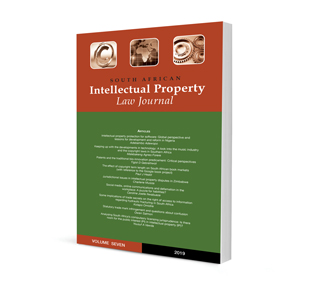
Levelling the playing field to promote technology transfer and innovation in African least developed countries

Levelling the playing field to promote technology transfer and innovation in African least developed countries
Author: Fernando Dos Santos
ISSN: 2521-2591
Affiliations: Laurea (Trento), LLM (London), PhD (Wits)
Source: South African Intellectual Property Law Journal, 2020, p. 35 – 55
Abstract
Indisputably, technology and innovation play a crucial role in promoting development and the betterment of people’s lives. However, access to technology is often hindered by proprietary claims from private corporations who are its major rights holders. Over the years, the efforts to facilitate access and transfer of technology for the states in need, especially the least developed countries (LDCs), have been frustrated by the lack of adequate international legal frameworks. The provisions of arts 7 and 66.2 of the TRIPS agreement that have attempted to set a basic regime to promote the transfer of technology for the benefit of LDCs has failed to ignite the necessary flows of technology. Accordingly, this paper recommends two approaches to promote technology transfer for the benefit of LDCs, especially in Africa, which are: the improvement of the provisions of the TRIPS agreement related to technology transfer and/or the establishment of a unified legally binding international instrument – the Agreement on Trade Related Issues of Technology Transfer.